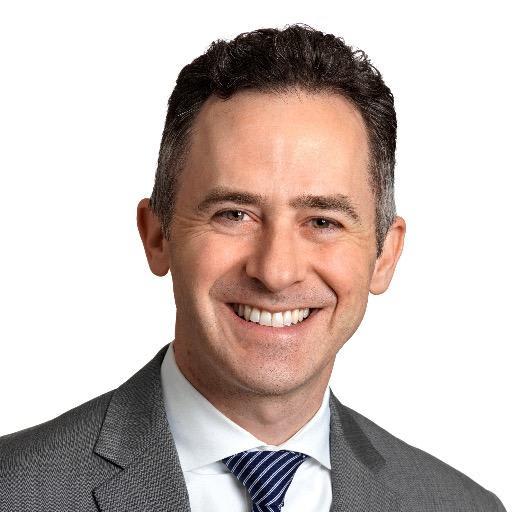
RPS Superintendent Jason Kamras
by James C. Sherlock
The Richmond Public Schools RVA Men Teach program has partnered with Virginia State and Virginia Union Universities to create a HBCU (Historically Black College/University) Teacher Residency program for male minority teachers.
As a long time observer and sometime critic of RPS, I congratulate it and the two universities for this initiative.
The benefits for minority children, and in fact all children, of having male role models in their classrooms are both self evident and well documented.
The National Center for Education Statistics (NCES) has reported that about 76% of public school teachers were female and 24% were male in 2017–18, with a lower percentage of male teachers at the elementary school level (11%) than at the secondary school level (36%).
This RPS/VUU/VSU initiative represents a promising effort to increase the supply of male teachers. I congratulate them for it.
HBCU Teacher Residency program residents with any bachelor’s degree will work as long-term substitute teachers in Richmond public schools and be paid up to $28 an hour while earning a Masters Degree in elementary education or special education from one of the two universities.
Minimum Hiring & University Program Standards:
- Bachelor’s degree or the equivalent in experience in the field of education
- A passion for children/young people and teaching
- Excellent oral, written, and interpersonal communication skills
- Strong organizational skills
- Ability to work efficiently and independently,
- Passion to become a teacher leader for high-need schools,
- Demonstrates experience working in a diverse environment, with a strong commitment to VSU/VUU and cultural responsiveness.
- Candidate commits to 3 years of teaching in Richmond or Petersburg after receiving their Master’s in Education with the school division
Crucially, the program reports that what seem to be the right levels of support after graduation are in place.
HBCUs and minority teachers. HBCU’s are providing minority teachers at a far higher rate than other institutions of higher learning.
The summary of findings of a 2016 Department of Education study in 2016 found, among other things, that individuals of color were much better represented in colleges in general than in education schools of those same colleges. It also found an enormous disparity in graduation rates.
Like completion rates in other fields of study, bachelor’s degree completion rates for students who major in education are lower for black and Hispanic students than for white students.
Seventy-three percent of bachelor’s degree students majoring in education completed a bachelor’s degree six years after beginning postsecondary education.
Forty-two percent of black bachelor’s degree students majoring in education completed a bachelor’s degree six years after beginning postsecondary education.
Forty-nine percent of Hispanic bachelor’s degree students majoring in education completed a bachelor’s degree six years after beginning postsecondary education.
The same study reported that HBCUs and alternative routes to teacher certification tend to enroll a more racially diverse population of teacher candidates. Supporting data from the same DOE study:
Two percent of individuals who are preparing to be teachers are enrolled at HBCUs, but 16 percent of all black teacher candidates attend HBCUs.
Alternative routes to teacher certification tend to enroll more racially diverse populations of candidates than traditional teacher preparation programs.
Forty-two percent of teacher candidates enrolled in an alternative teacher preparation program not based in an IHE were individuals of color.
Thirty-five percent of teacher candidates enrolled in an alternative teacher preparation program based in an IHE were individuals of color.
Fewer teacher candidates enrolled in a traditional teacher preparation program (26 percent) were individuals of color.
Candidates for this program can access VSU’s education school and that of Virginia Union online.
My take. The HBCU Teacher Residency program for male minority teachers seems to me to be spot on.
With proper leadership and management over time, it can make a positive difference in the lives of children in Richmond and Petersburg.
I wish them well in both their recruiting and execution of the effort. I hope to be able to follow up as the program matures.


